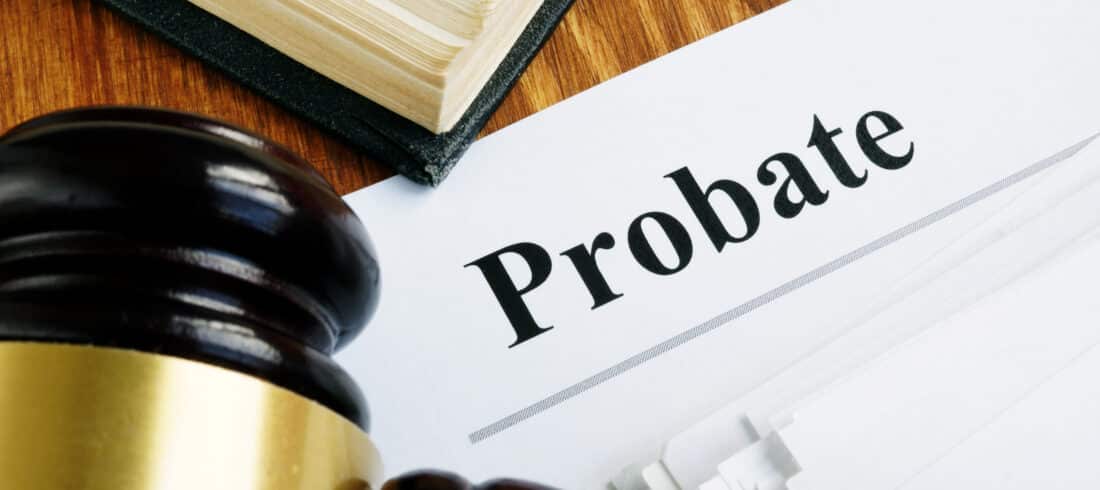Probate is an essential legal process. While it might seem complex and daunting, understanding what goes through probate can significantly aid in planning to protect your assets and provide clarity for your loved ones.
Understanding probate
Probate is a court-supervised process. It verifies the validity of a will and oversees the distribution of assets. If there is a will, the court ensures it is authentic and appoints a personal representative. This person manages the estate and carries out the wishes of the deceased. When there is no will, the court appoints an administrator who follows state laws to distribute assets.
What assets go through probate?
Assets in the deceased person’s name only typically go through probate. These include:
- Real estate held exclusively in the deceased person’s name.
- Bank accounts without designated beneficiaries.
- Vehicles titled in the deceased’s name only.
On the other hand, some assets bypass probate. These include:
- Accounts with transfer-on-death beneficiaries.
- Life insurance proceeds with named beneficiaries.
- Property held in joint tenancy.
Naming beneficiaries for accounts and policies can help avoid probate. If a named beneficiary passes away before the account holder, the asset will go through probate. Therefore, review your various beneficiary designations annually to ensure the beneficiaries are properly designated.
Steps in the probate process
- File necessary documents: The nominated executor begins by filing a Petition to Probate Will in Solemn form along with the death certificate and the original will with the probate court in the county where the deceased person died. If there is no will, any heir or interested party should file a Petition to Appoint Personal Representative with the court to initiate intestate probate.
- Validate the will: The court checks the will for authenticity. It ensures compliance with state laws, such as witness signatures and notary stamps. If the will is accompanied by a self-proving affidavit, the file will move more quickly..
- Appoint a personal representative: The probate court appoints an executor, if there is a will, or an administrator if there is no will to administer the estate. Regardless of which is appointed, executor or administrator, the person is known as a personal representative thereafter. They handle tasks like notifying creditors, paying debts, and distributing assets to beneficiaries.
- Manage debts and distributions: The personal representative pays off debts and taxes. They then distribute the remaining assets according to the will or state laws.
- Close the estate: Finally, the personal representative files a final accounting with the court. This report details all transactions related to the estate. Once approved, the court closes the probate estate.
Understanding probate can help you plan effectively. By naming beneficiaries, you can minimize the assets that go through probate. This saves time and reduces costs for your loved ones.




